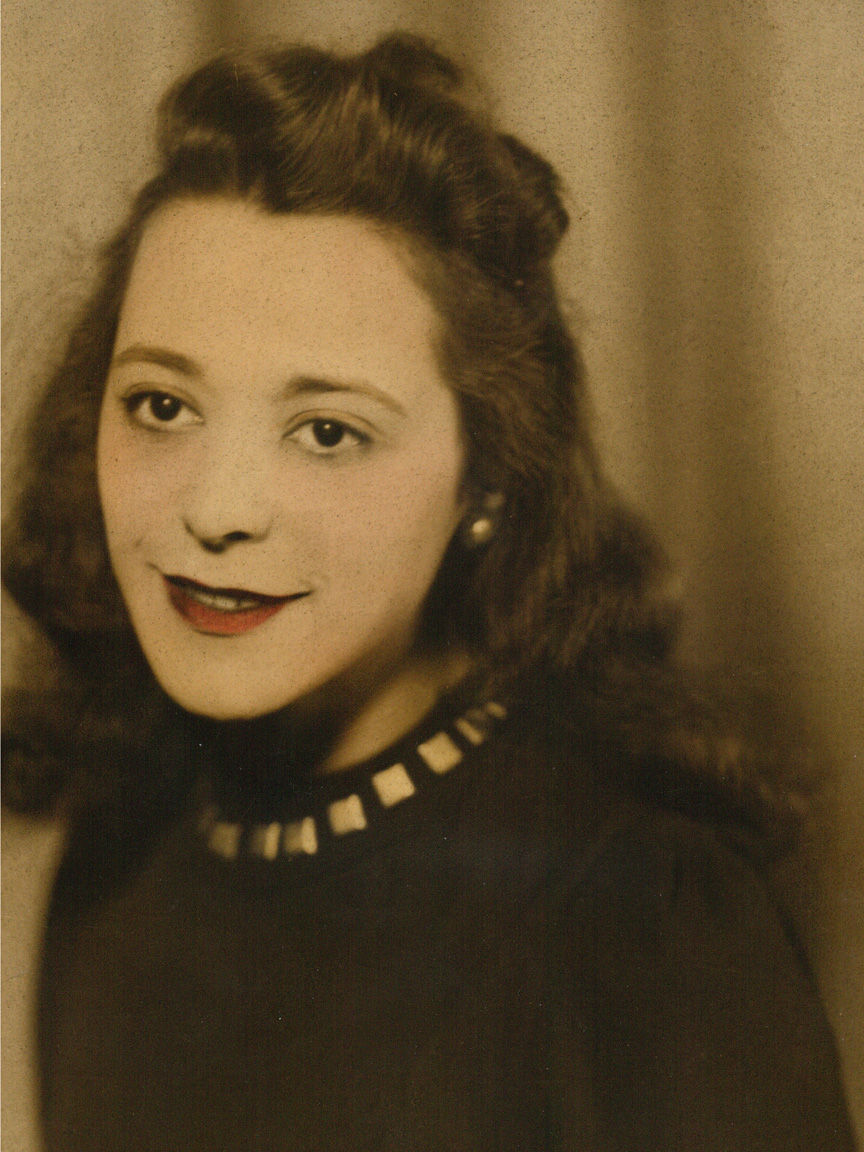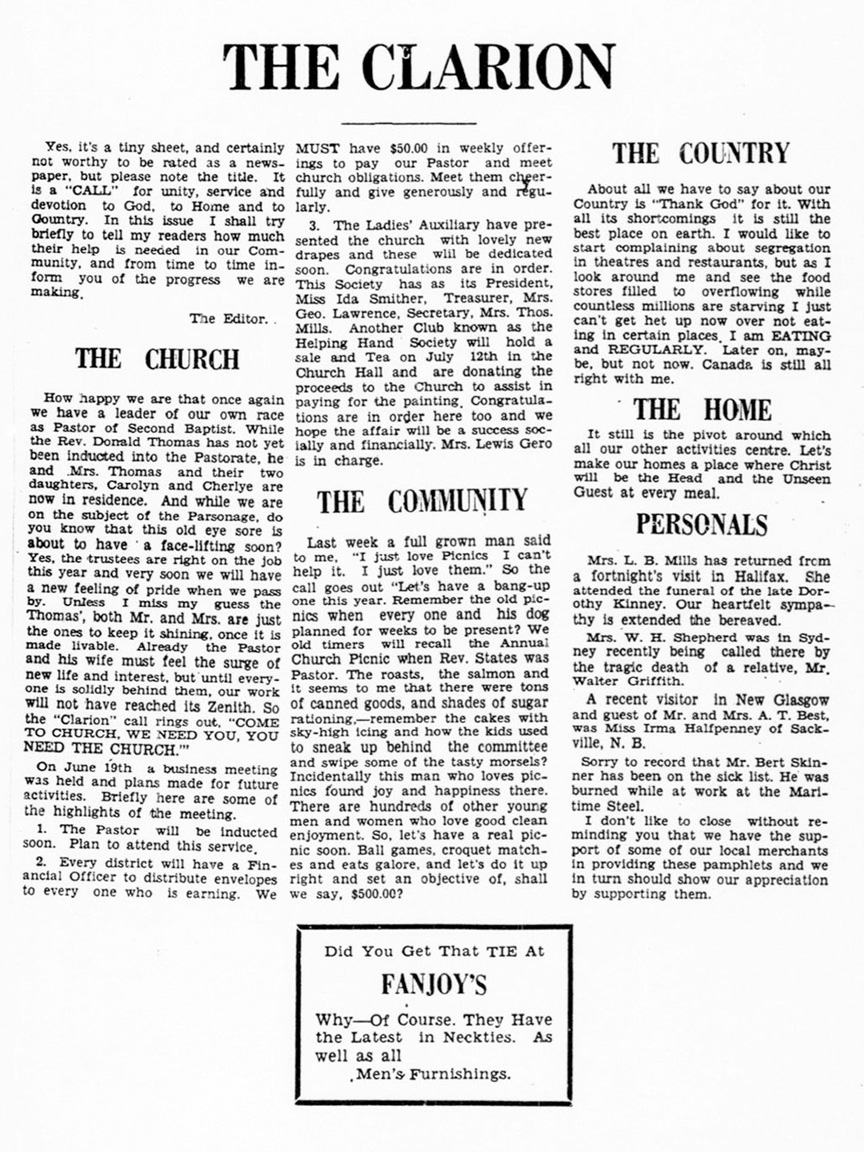Fighting for Equal Rights
The Nova Scotia into which Carrie Best (née Prevoe) and Viola Desmond (née Davis) were born was a society with engrained prejudices about people of colour. There were restrictions on where Blacks could live or work and where they could get their hair cut or sit in movie theatres. Carrie and Viola set out to bring down such racist walls.
Their most famous challenge involved the colour bar at the Roseland Theatre in New Glasgow. In 1941, Carrie Best chose to sit with her son in the lower section rather than in the balcony reserved for Blacks. The manager told her to leave for "disturbing the peace." Carrie stood her ground. "I can't see how we are disturbing anybody's peace. We are waiting for the movie to start." The manager called the police and Carrie was arrested and fined.
Five years later, Viola Desmond experienced the same prejudice in the same theatre. She was a business woman who operated the Desmond School of Beauty Culture in Halifax and who had a line of products she sold across the province. In 1946, on a business trip to Sydney, Viola's car broke down in New Glasgow. While waiting for it to be fixed, she decided to go to the Roseland Theatre. She didn't notice the ticket specified that it was for the balcony. Instead, she took a seat downstairs. "You can't sit here," an usher said, "you people are to sit in the balcony."
"I'll sit here," Viola replied.
The manager arrived. He explained ground floor seats cost more than the balcony. "How much is it?" Viola asked.
"You can't buy a main-floor ticket." The manager had Viola taken to the police station where she was locked up overnight.
The incident would end up in court, and Carrie Best did everything she could to publicize Viola Desmond's case. Carrie began The Clarion, one of the first Black-owned and published newspapers in Nova Scotia. In that and other newspapers, and on a regular radio show, Carrie Best was tireless in pointing out racial prejudices and injustices of all kinds. The Nova Scotia government repealed its segregation laws in 1954. In 2010, Viola Desmond received an official pardon.
Viola Desmond and Carrie Best are two of many heroes in the African Nova Scotia community.

